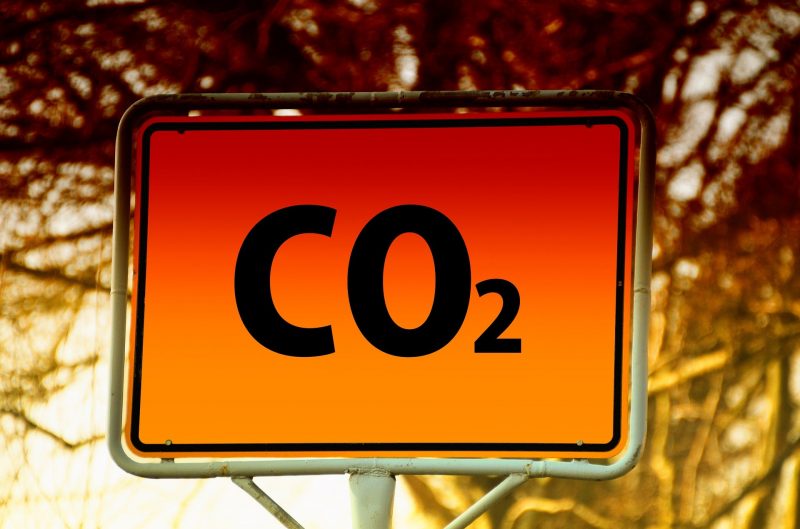Passenger rights service provider Airhelp released the results of its market report on September 26, which examines the impact of last year's flight disruptions on the economy and environment in Europe, the United States and Australia. Flight interruptions were cancellations and delays of more than 15 minutes. The report shows: In 2022, at least 330 million passengers in Europe, 200 million in the USA and 12 million in Australia were affected by delays and cancellations. In total, 650 million hours were lost to delays, with 30 million hotel nights required.
AirHelp examined the economic impact of flight disruptions using four metrics: additional operating time for airlines, amount of time lost to passengers, spillover effects to other sectors of the economy and additional costs incurred to deal with flight cancellations. In 2022, flight disruptions will have caused costs of $30 to 34 billion in the USA, 26 to 30 billion euros in Europe and up to 1,5 billion dollars in Australia. In total, up to $67,5 billion. Although air traffic was lower in 2022, costs were about 2019 percent higher than in 37. Additional costs for air passengers had the largest impact, accounting for about XNUMX percent of the total economic costs. This is due to the amount of total delays and lost work hours incurred by passengers due to delays.
Costs to airlines, such as additional fuel, crew and maintenance, accounted for 32 percent of total economic costs. Spillover costs involving food, entertainment and retail costs accounted for 16 percent, as well as cancellation costs such as hotels and other measures, which accounted for 15 percent of costs incurred by airlines.
Impact on climate and environment
Flight disruptions also pose a significant burden on the environment, as aircraft flight and taxi times are extended and additional CO₂-producing services such as taxis and hotels are required. In the investigation, AirHelp found that flight disruptions cause nine million tons of CO₂ emissions. This corresponds to around 1,3 percent of the emissions of the entire aviation industry. The additional CO₂ pollution created is equivalent to the annual emissions of around two million cars and would require the operation of around 3.000 wind turbines for a year or 300 to 350 million trees to offset them. When passengers require hotel accommodations, meals and transportation due to canceled or delayed flights, further avoidable environmental costs arise. Hotel stays and meals, for example, generate up to 90.000 tons of waste per year.
Aside from the impact on the environment, flight disruptions also have a negative impact on human well-being, for example through stress, longer travel times, missed work time, missed plans and financial strain. Noise pollution also contributes to the environmental impact of flight disruptions, particularly in densely populated areas and at airports that have strict regulations banning night flights. Flights that are delayed after departure are usually still allowed to land after the curfew.
Numerous opportunities for improvement
In all three regions examined, airline costs and spillover costs to other sectors of the economy are also expected to increase in line with growing passenger numbers and rising operating costs. Cancellations were unusually high in Europe and Australia in 2022. Looking ahead, the situation here should improve in the future, while the amount of cancellations in the USA could worsen rather than improve.
Bad news for US passengers: In Europe and the UK, airlines will cover cancellation costs. This includes expenses such as food, drinks, accommodation and flight rebooking. However, this does not apply in the USA, because passenger rights are much weaker there. Passengers therefore bear a larger share of these estimated costs themselves.
Tomasz Pawliszyn, CEO of AirHelp, comments: “Flight disruptions are an inconvenience for passengers, airlines and airports, and the financial and environmental impacts have become one of the most important issues for the industry since the pandemic. To ensure that passengers are better protected from disruptions and the financial consequences, airlines should improve their communication with passengers, particularly regarding passenger rights. At AirHelp, we make our regional air passenger rights guides available free of charge and provide XNUMX/XNUMX online support to those affected by issues.”





 trail (for them it's free to use)
trail (for them it's free to use)